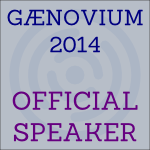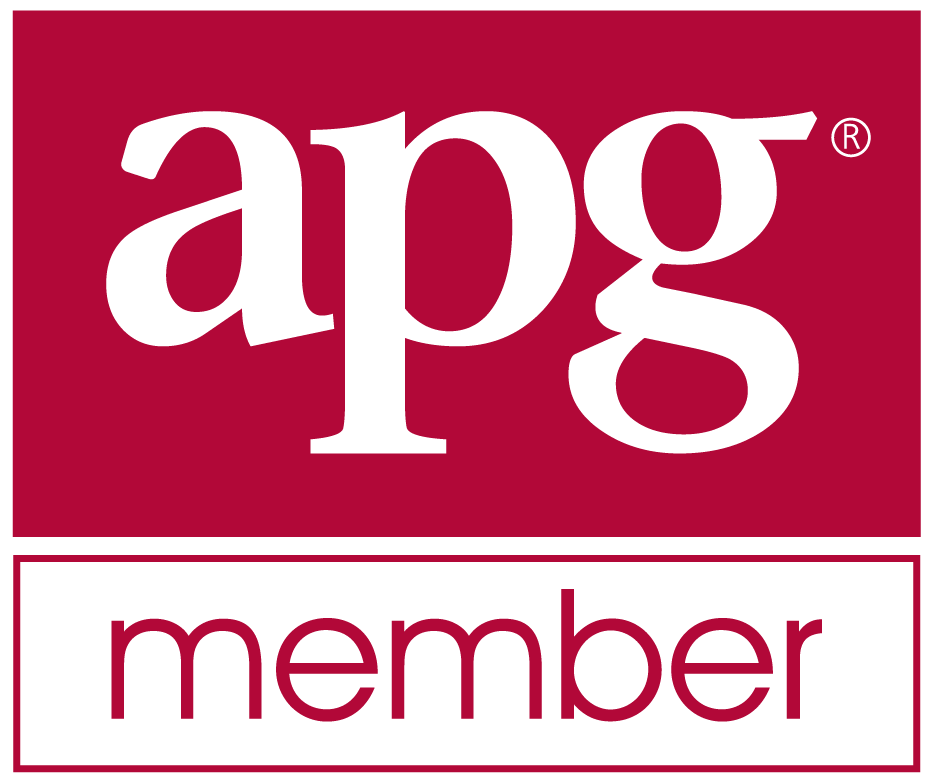Stability is the Beta key - Sun, 17 Jan 2010
What I’m working towards in these first few Betas is Behold’s stability. By that, I mean Behold should never crash. It should not result in a system error that prevents Behold from continuing which may require you open Windows Task Manager to stop it.
These system errors are called “exceptions”. The last alpha releases were very stable. I had over the years trapped or fixed every crash point I found. But the major changes between the last alpha and the first beta (virtualizing the Everything Report) have added some new ones. Also I’ve added an “exception” handler into Behold to catch not just the ones that Windows reports, but an even wider range of errors that previously went unreported or unnoticed. This is also allowing me to correct some code that I never knew was wrong, and that is good.
Then I also added the exception reporting mechanism, which brings up a custom screen and allows the user to send me the error message. At first it was quite onerous, but I think I’ve since fixed that and made it minimalistic and easier to use. The number of crashes I’ve been encountering have been going down, and so have the numbers users have reported to me (thank you all!).
Fairly soon (one or two beta releases from now), Behold should be back to being as stable as the alpha was. Once it’s there, I’ll finally feel confident enough in it to take the next step, send out the Behold News newsletter, and invite the world to try the beta (… and raise the price).
Yes there’s still lots of small things to fix, enhancements I want to make and unknown bugs left to find. I’m whittling away at those and will handle them rigorously when I start to redo the help file. We’re getting there.

 Feedspot 100 Best Genealogy Blogs
Feedspot 100 Best Genealogy Blogs





